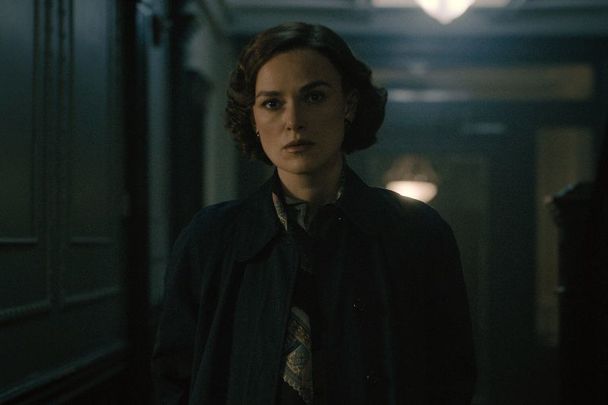Long before the true crime trials of Robert Blake, there was Irish American trailblazer Loretta McLaughlin.
When actor Robert Blake died at the age of 89 in early March, some of the earliest chapters of America’s fascination with true crime went to the grave.
Blake, of course, was an “Emmy award-winning performer who went from acclaim for his acting to notoriety when he was tried and acquitted in the killing of his wife,” as the Associated Press put it.
This goes all the way back to May 2001, when Blake’s wife Bonny Lee Bakley was shot and killed in California, and Blake, star of the hit 1970s TV show "Baretta," was put on trial. It was an early example of what has since become the stuff of endless podcasts and 10-episode Netflix dramas.
But decades before that – even before Blake’s own real-life run-in with the law – he played one of the starring roles in the groundbreaking 1967 movie "In Cold Blood." That was based on Truman Capote’s famous book of the same title which is considered one of the first of the genre.
Well, Loretta McLaughlin from South Boston was doing her thing even before that.
And if she didn’t get enough credit beforehand, she might finally, now that she’s at the center of a new crime film.
Last week, Hulu released "Boston Strangler," starring Keira Knightley and Carrie Coon as two female reporters investigating a terrible crime.
No big deal, you might say. Didn’t we just get the movie "She Said," about the two New York Times journalists – also women – who built a case against sexual predator Harvey Weinstein?
But Loretta McLaughlin (Knightley) as well as Jean Cole (Coon) were doing this back in 1962.
That’s when McLaughlin – working at the old Boston Record American newspaper – started to hear about a potential serial killer targeting women.
She learns that “three women have been found strangled in the past two weeks. She wants to profile the victims but is turned down, leading her to investigate the murders in her free time, and gets the scoop,” USA Today notes.
In other words, McLaughlin was one of the first internet sleuths who simply start investigating crimes on their own.
Knightley told USA Today, “A lot of women have said watching (this movie) is cathartic. Most have experienced being belittled in their workplace (and) not being taken seriously.”
McLaughlin is also generally credited with coining the term Boston Strangler for the man who ended up killing 13 women, including a number of Irish Americans.
The murder spree began in June of 1962, and Mary Mullen, 85, is considered the Strangler’s second victim.
In the months that followed, both Jane Sullivan and Mary Sullivan also met the same terrible fate – choked to death using nylon stockings.
“When Loretta starts making headway on the Strangler case, Jean (Cole) is brought in to help out with her sources and both have their ways of dealing with the rampant sexism and misogyny of the time,” USA Today continued.
McLaughlin “tried to punch everyone in the face and say, ‘Take me seriously!’ And Jean is much more wily about it and a bit flirty,” Knightley noted.
McLaughlin was born Loretta McDermott, just north of Boston. She and three siblings moved to the Irish American stronghold of Southie, where she attended high school, earning a scholarship to Boston University.
McLaughlin’s work on the Boston Strangler case was just one small part of a long, impressive journalism career. Beginning in the mid-1970s, she worked at the prestigious Boston Globe, making her way to Editorial Page editor.
She also wrote a book in 1982 about another Massachusetts trailblazer, with an Irish Catholic background.
Entitled "The Pill, John Rock, and the Church: The Biography of a Revolution," the book explored one of the central figures in the debate over birth control, Dr. John Rock.
McLaughlin lived to be 90 years old, dying in 2018.
She spent decades trying to explain two American obsessions - crime and sex.
Take a look around. Clearly, more people should have been listening.
(On Instagram and Twitter @tomdeignan)
*This column first appeared in the March 22 edition of the weekly Irish Voice newspaper, sister publication to IrishCentral.




Comments